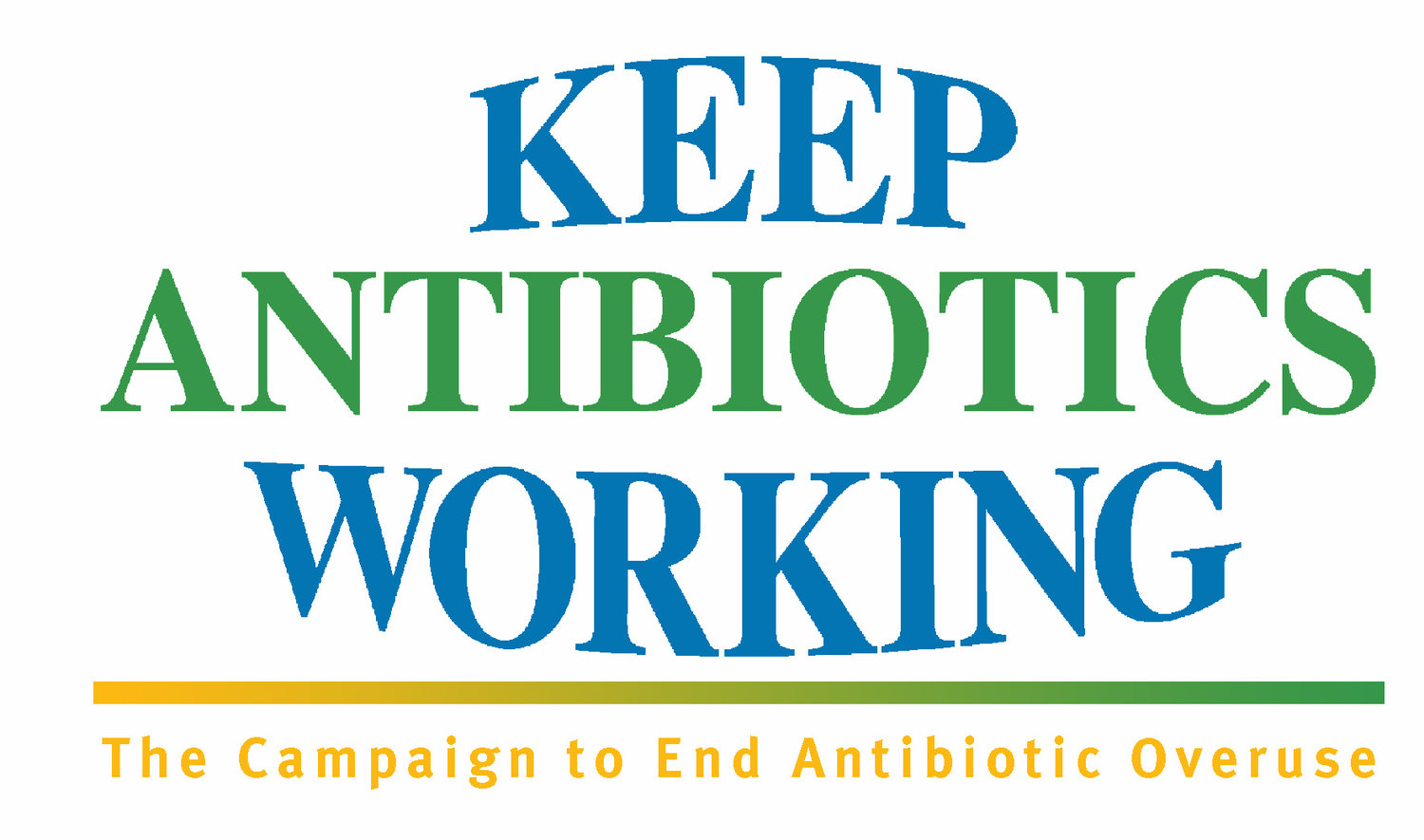
What we are addressing today, for the sake of tomorrow.
Antibiotics have saved millions of lives but often they no longer work due to the spread of antibiotic-resistant superbugs.
Antibiotics are miracle drugs that revolutionized medicine in the 20th century by allowing the treatment of previously incurable bacterial infections. In addition to saving millions of lives, antibiotics are needed to lower the risk of infection for patients undergoing surgery and chemotherapy. Now, these miracle drugs often no longer work because of the spread of superbugs that resist their effects. These superbugs spread when antibiotics are overused in human medicine and in agriculture. Learn more about their origin here.
According to the Centers for Disease Control and Prevention (CDC) there are at least 2.8 million serious antibiotic-resistant infections in the United States that result in more than 35,000 deaths each year.
Since nearly 2/3 of the medically important antibiotics sold in the United States each year are given to farm animals, it is not surprising that over 20% of serious antibiotic-resistant infections come from food and farms. An antibiotic is medically important if it is used in human medicine or is closely related to a human drug. Much of the antibiotic use on farms is not to treat sick animals, but is instead added to feed and water to compensate for inappropriate diets and crowded, stressful, and unhealthy conditions. This is antibiotic overuse.
Antibiotic-resistant superbugs spread by the overuse of antibiotics in agriculture and affect humans through contamination of meat, and also via the environment—particularly air, waterways, and soil contaminated with manure.
Source: The Centers for Disease Control
Superbugs cause more illness and lead to longer hospital stays and greater mortality rates when people become ill. This costs the U.S. economy up to $55 billion annually in additional medical costs and costs associated with lost work. Superbugs have hefty emotional costs as well and can drastically affect the lives of patients and their families.
The spread of antibiotic-resistant superbugs is a major public health crisis that threatens the extensive medical advances of the last century. While most infections are still treatable with at least one antibiotic, this may not be the case for much longer.
To stop the spread of antibiotic resistant superbugs, KAW supports the following actions:
1. KAW demands a ban on using antibiotics on the farm for purposes other than treating sick or injured animals or for controlling diagnosed outbreaks of disease.
Stopping the overuse of antibiotics: Animals must be treated when they are sick, but using these drugs for other purposes should be prohibited. Treating sick animals may include treating whole groups of animals when only a limited number in the group show signs of illness.
2.) KAW expects farms to prevent disease by providing appropriate diets, delaying weaning, improving hygiene, reducing crowding, and using vaccines appropriately-so that antibiotic use on farm is rare not routine.
Raising animals with fewer drugs: Healthy farms mean healthier animals, and that these healthier animals can grow without the routine use of antibiotics. Too often farms use antibiotics to control problems caused by poor diets, overcrowding, and unsanitary conditions.
3.) KAW supports the creation of a federal program to systematically collect species specific data on why farms use antibiotics and in what amounts.
Tracking on-farm antibiotic use: We need to know why and what drugs are used on farm to stop overuse and make sure policies to stop the spread of superbugs are working. Due to KAW's efforts, FDA now reports annually species specific data on the sale of antibiotics for use on farm. What we are missing is good data on why these antibiotics are being used.
4.) KAW supports collecting data on the spread of resistant superbugs in the food system through the federal National Antimicrobial Resistance Monitoring System (NARMS), a joint program of the FDA, USDA, and CDC that looks for superbugs in animals, food, and sick people.
Identifying and tracking superbugs: The spread and outbreak of antibiotic-resistant superbugs are increasing, and have proven to be deadly to both people and animals. Robust tracking and monitoring of superbugs is essential for both human and animal health.





